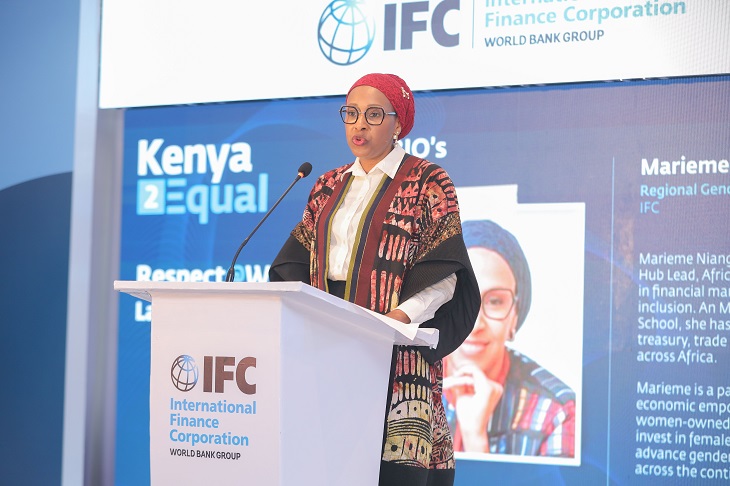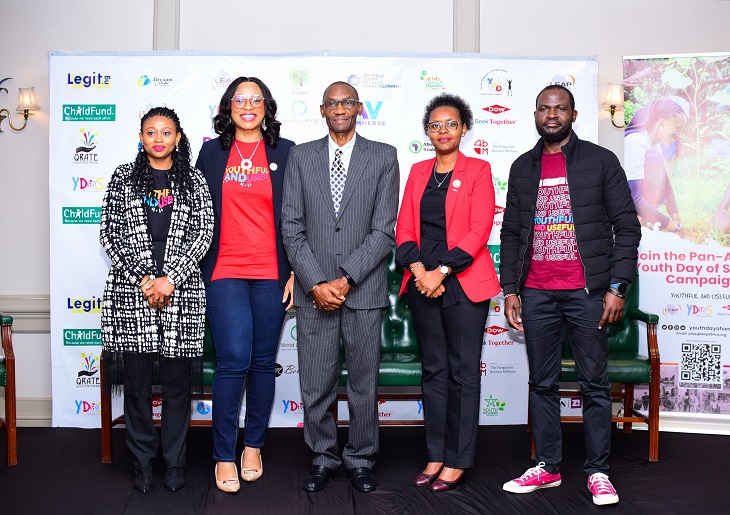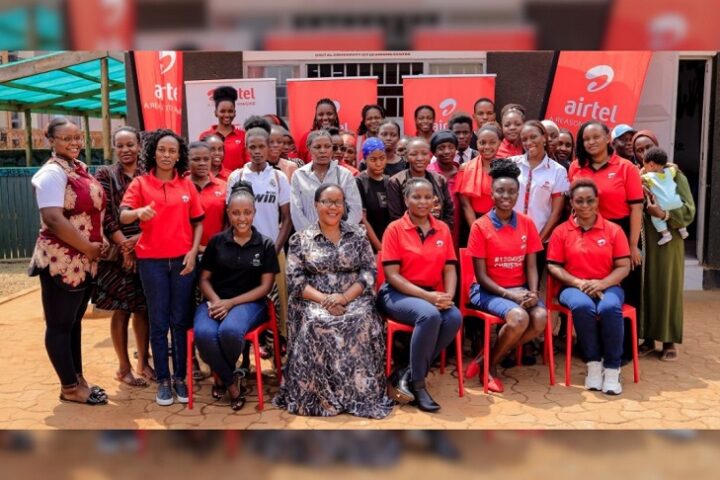The International Finance Corporation (IFC) has launched two initiatives in Nairobi, the Gender-Based Violence (GBV) Center of Expertise and the Respect@Work Program, to help Kenyan firms address Gender-Based Violence and Harassment (GBVH) in the workplace.
The programs come at a time when harassment in workplaces is increasingly recognised not only as a human rights concern but also as a business issue that directly affects productivity, talent retention, and corporate reputation.
The GBV Center of Expertise will operate as a global hub, equipping companies with training modules, toolkits, and advisory services to prevent and respond to GBVH. The Respect@Work Program, part of IFC’s Kenya2Equal initiative with the Federation of Kenya Employers (FKE), will provide a peer-learning platform where firms share experiences, apply lessons from the International Labour Organization’s Convention 190, and develop stronger workplace protections.
“Gender-based violence and harassment is not just a personal issue, it is a workplace issue, and one that demands urgent and collective action,” said Gillian Rogers, IFC’s Principal Country Officer in Kenya. “The evidence is clear: workplaces free from violence and harassment are more productive, innovative, and inclusive. IFC is committed to partnering with the private sector, offering evidence-based solutions and sharing practical experiences to create work environments where every worker feels safe, valued, and empowered.”
Kenya faces persistent challenges in tackling GBVH. Comprehensive national data on workplace harassment remain scarce, but sectoral studies reveal worrying trends. An ILO-supported Agri-Jobs4Youth survey in western Kenya found that 8.5 percent of employed respondents had experienced physical violence or harassment at work, while 6.7 percent reported sexual violence.
A 2022 study of healthcare workers reported that nearly half had encountered some form of workplace violence, mostly verbal abuse, with fewer than half of the cases reported. More broadly, the Kenya Demographic and Health Survey 2022 shows that 40 percent of women nationally have suffered intimate partner violence, underscoring the prevalence of gender-based violence in society at large.
The costs for business are significant. Harassment has been shown to reduce productivity and raise absenteeism, while firms that address it often record measurable performance gains. A World Development study found proactive interventions boosted productivity by up to eight percent and improved retention by as much as ten percent.
Kenya’s laws, including the Sexual Offences Act of 2006 and the Protection Against Domestic Violence Act of 2015, prohibit workplace harassment. Yet enforcement is uneven, and stigma continues to discourage survivors from reporting. Informal-sector employers, who make up the bulk of the workforce, often lack structured HR systems to handle complaints.
The IFC’s initiatives aim to bridge these gaps by giving employers practical tools, model policies, reporting mechanisms, survivor support frameworks, and training for managers. Large corporates, particularly export-oriented firms under investor scrutiny, are expected to take the lead. Uptake among small and medium-sized enterprises may be slower given resource constraints, but FKE hopes peer learning will help scale adoption.
Related Content: Conversations Every Parent Should Have About Gender-Based Violence With Their Kids
Written by Menya Mwambeu













